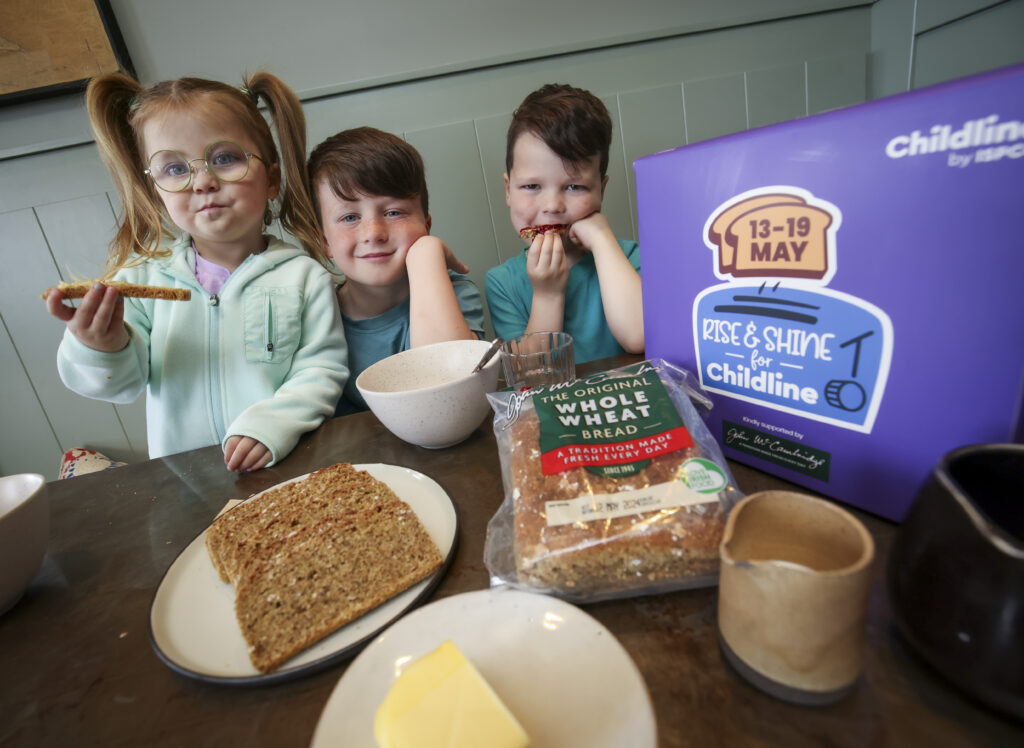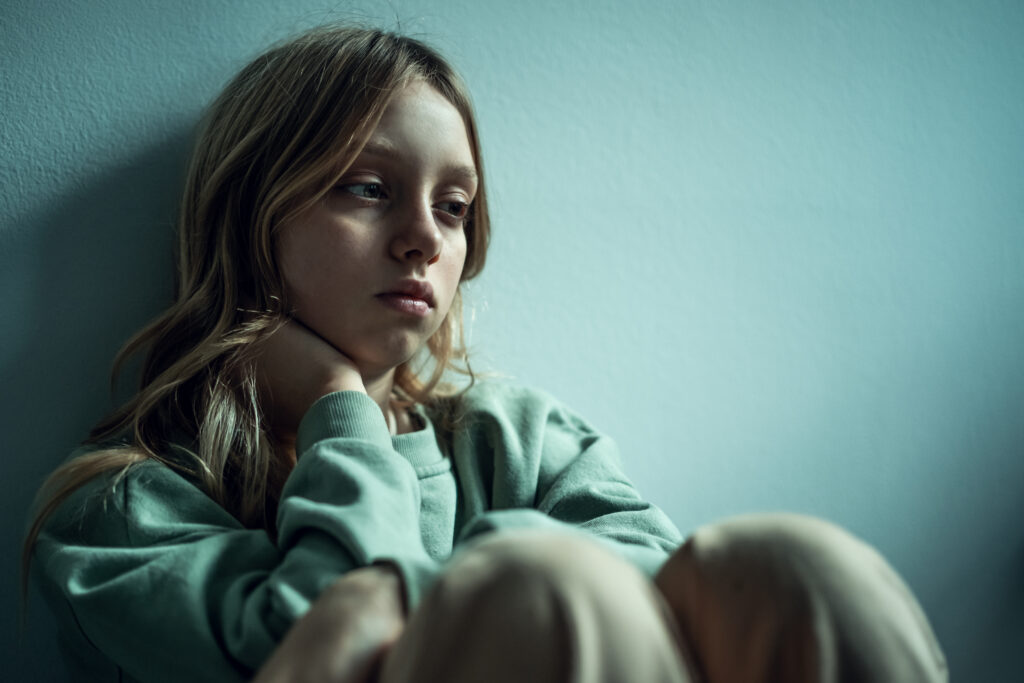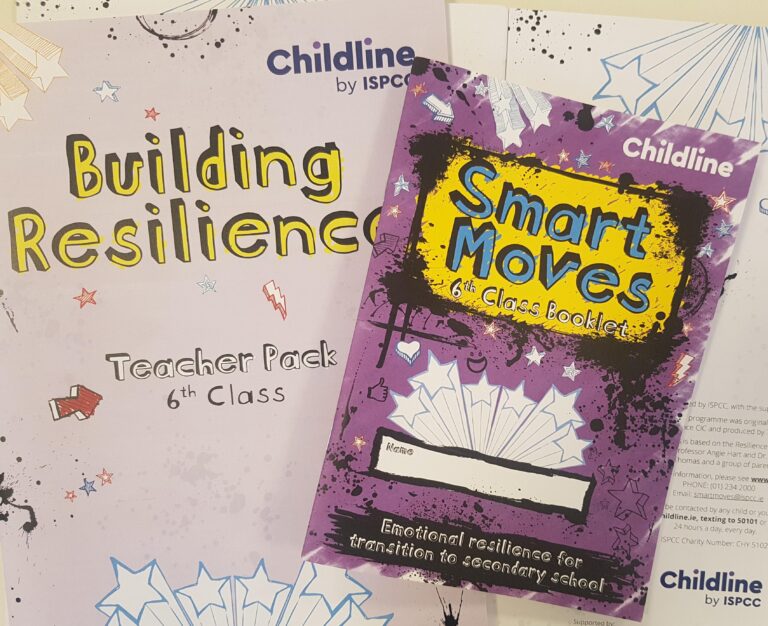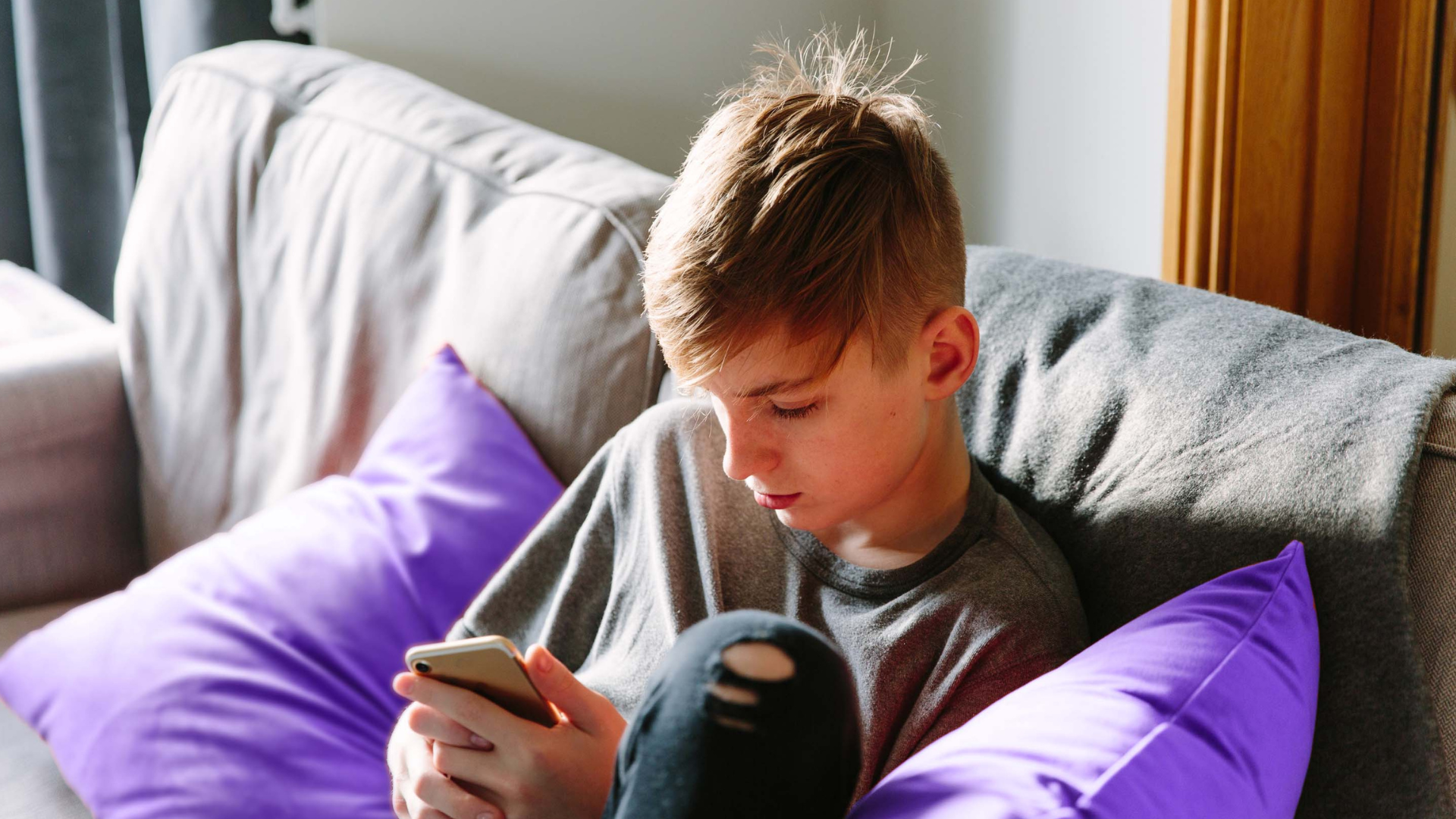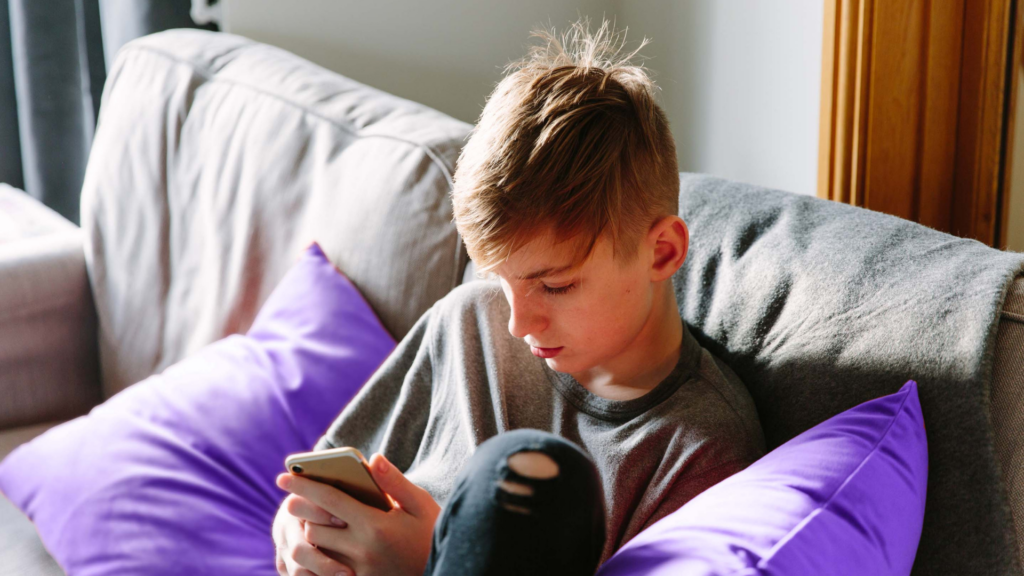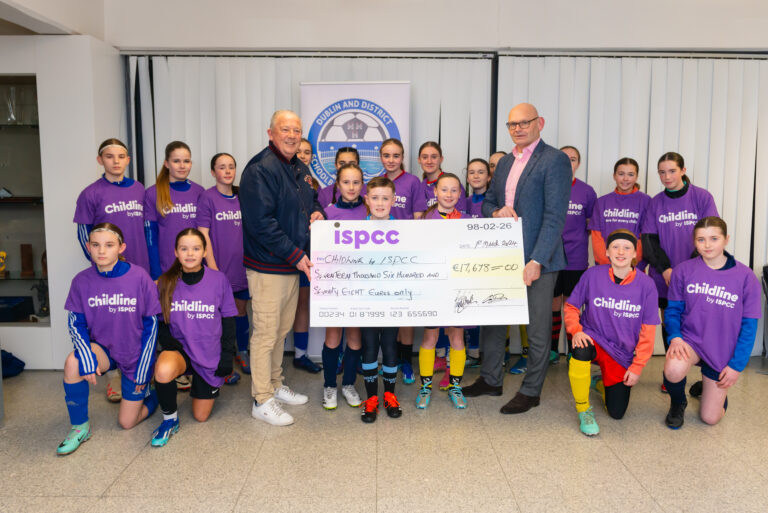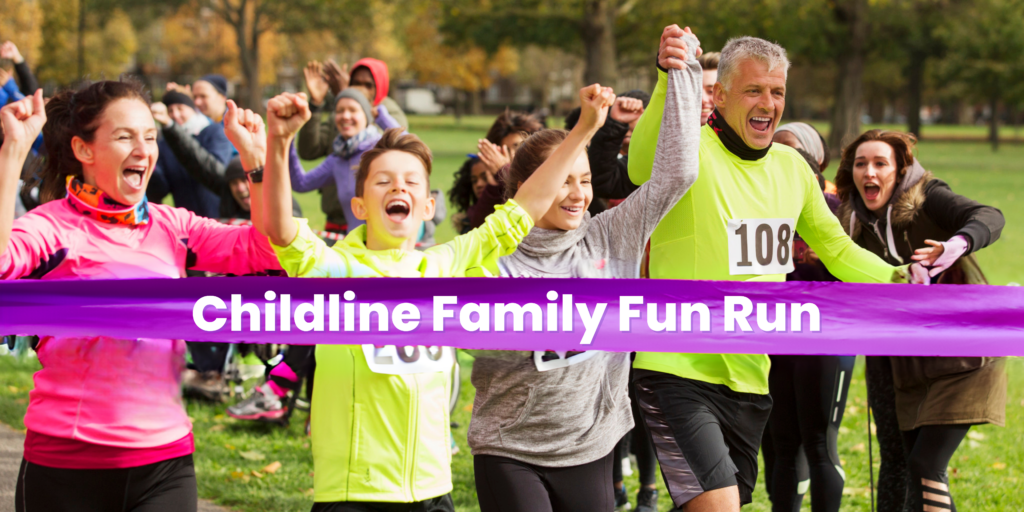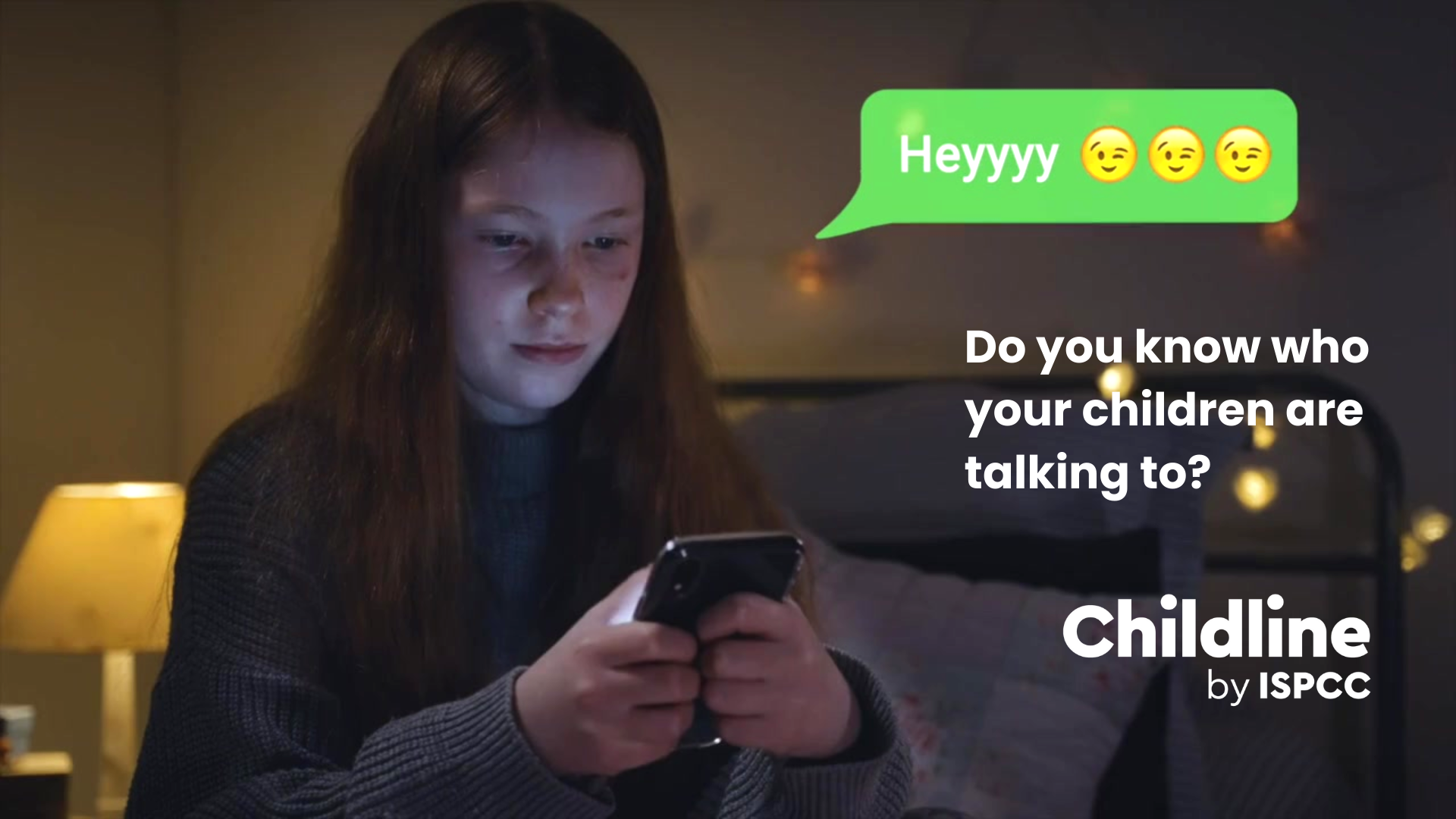
It’s that time of year again… the spectre of the dreaded exams is looming for students and their parents, but ISPCC can help.
Students aren’t the only ones who need support in the run up to exam time, parents do too.
After all, how can you help your anxious child when you’re feeling anxious yourself? It’s only natural for stresses build up as the exams draw closer and it’s a pressurised time for everyone at home.
A parent or carer can’t help their child if they feel ill-equipped to do so and it can be easy for them to feel as if they have failed their child when they see them suffering from anxiety.
ISPCC is offering two free webinars on coping with exam anxiety – the first is specifically for parents and carers, while the second will focus on young people along with their parents and carers.
The two-part series will focus on explaining what anxiety actually is and how it manifests itself, support for dealing with an anxious child, anxiety management tips and tools and Childline’s Digital Mental Health and Wellbeing programmes, which provide free ongoing support for both young people and their parents.
* The first webinar for parents and carers takes place on Monday, May 13, from 7pm to 8pm.
* The second, which is aimed at young people aged 12 years and over as well as their parents and carers, is on Tuesday, May 14, from 7pm to 7.30pm.
They will be hosted by ISPCC parenting lead Siobhan Harvey and Niamh Clarke, Manager of ISPCC Smart Moves programme, while Bree O’Neill who manages Childline’s Digital Mental Health and Wellbeing programmes will be the keynote speaker.
For more information on the webinar for parents and carers, please go to https://bit.ly/44riFL1
To find out more about the webinar aimed at young people, please go to https://bit.ly/3wqPVFt


